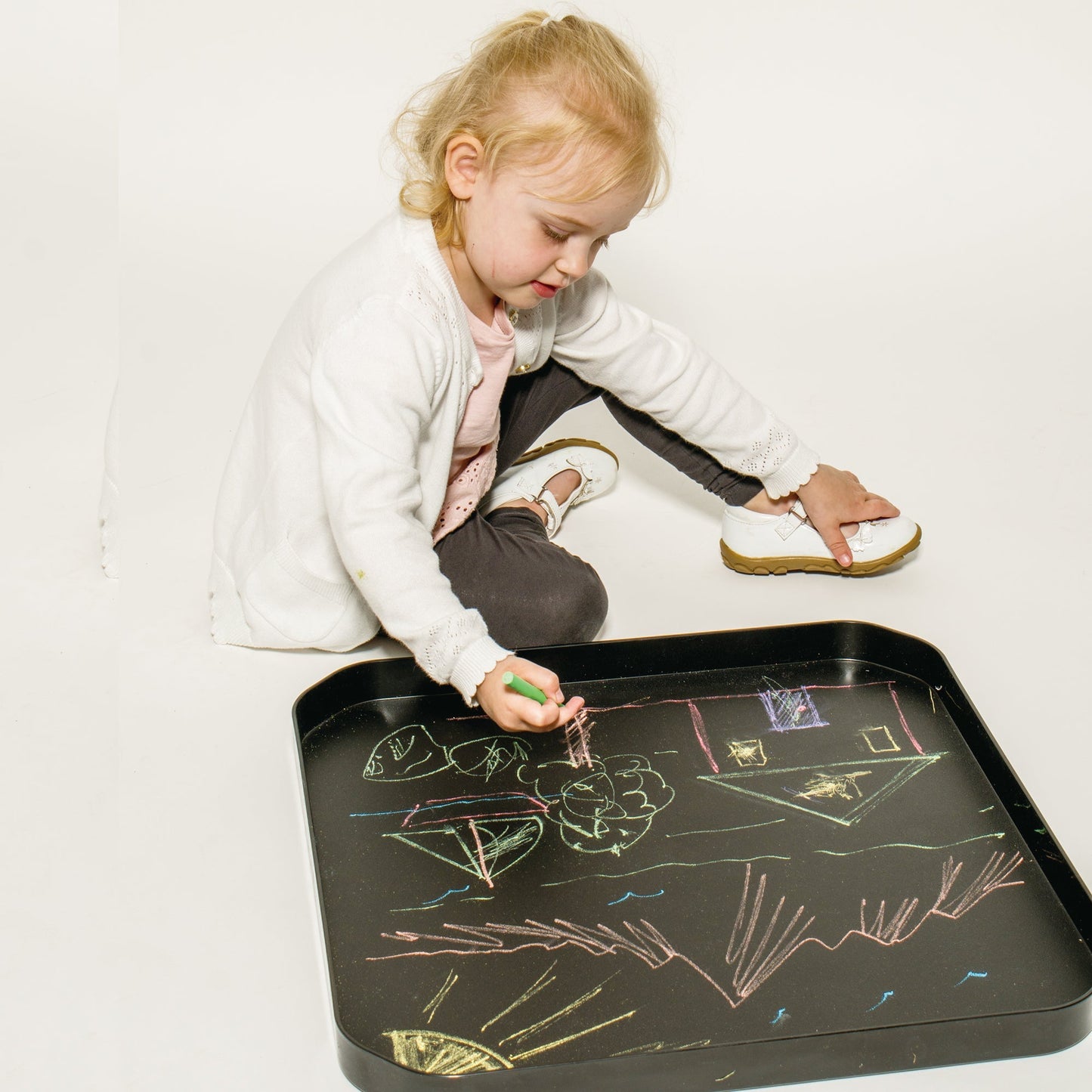
Emotional development in early childhood is the cornerstone of lifelong well-being. As parents and caregivers, we often focus on the ABCs and 123s but what about EQ?
Helping toddlers with big emotions, teaching empathy, and encouraging resilience are just as important as teaching letters and numbers. At Edx Education, we’re here to support families with play-based tools, toys, and resources that make emotional learning joyful, engaging, and part of everyday routines.
Why Emotional Development Matters
The early years are when children begin to understand themselves and others. Social emotional learning through play gives little ones the space to explore their feelings, develop empathy, and practice self regulation all while having fun. Post-COVID, many families are more aware of the importance of mental health. We've seen a shift: parents are prioritising emotional literacy, looking for playful ways to help their children navigate big feelings.
And that’s where play comes in.
Helping Toddlers with Big Emotions
Toddlers feel deeply but don’t always have the words or tools to express themselves. That can lead to outbursts, tears, and frustration for both the child and the grown-up. One of the most effective ways to support emotional development is through imaginative play.
Puppets and dolls are wonderful for this. Using a puppet or soft doll, you can model conversations about feelings:
“Bobby Bear feels sad because his tower fell down. What can we do to help him feel better?”
This helps children learn to name their emotions and understand others’ feelings—laying the groundwork for empathy and communication.
Social Emotional Learning Through Play
Games that involve turn taking, sharing, and problem-solving help children learn how to interact with others in a healthy, respectful way. Our Linking Cubes or Pattern Blocks can become more than just maths tools they’re perfect for collaborative play!
Try building a tower or shape pattern together. Talk through the process, celebrate successes, and navigate disagreements gently. When children are encouraged to work together, they’re also learning patience, cooperation, and negotiation.
Calm-Down Corners & DIY Regulation Tools
When emotions run high, every home can benefit from a “calm-down corner”—a safe, cosy space where children can go to regulate their feelings. No punishment, just a pause.
Here are some Calm Down Corner Ideas using Edx Education favourites:
-
Sensory bins filled with soft Rainbow Pebbles®, kinetic sand, or textured fabrics for calming tactile input.
-
A DIY Calm-Down Box with:
-
Pattern Blocks for mindful arranging and quiet focus.
-
Maths Cubes to stack, line up, or count as a calming activity.
-
A favourite puppet or toy to talk through feelings.
-
A “breathe with me” card with simple visuals for slow breathing.
-
You can even include colouring pages, music, or lavender-scented play dough for added calm.
Building Resilience in Children
Play gives children a safe space to make mistakes, try again, and keep going. This is how we build resilience in children—by allowing them to fail safely, problem-solve creatively, and express their feelings without judgment.
At Edx Education, we believe that resilience isn’t something you’re born with—it’s something you build. And the best foundation is play.
Let’s Play, Learn & Create Together
Our Play, Learn & Create with Edx Education podcast explores these themes in depth, with expert guests and real-life tips for families. We’ve also got free downloadable resources to support emotional development at home.
Whether it’s a puppet show, a calm-down corner, or a playdate with Linking Cubes, emotional learning happens naturally when children feel safe, loved, and free to play.
Let’s raise happy, confident children one playful moment at a time.
By Heather Welch, Author of Happy Children Play & General Manager, Edx Education UK
